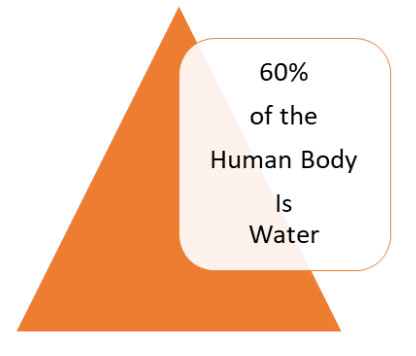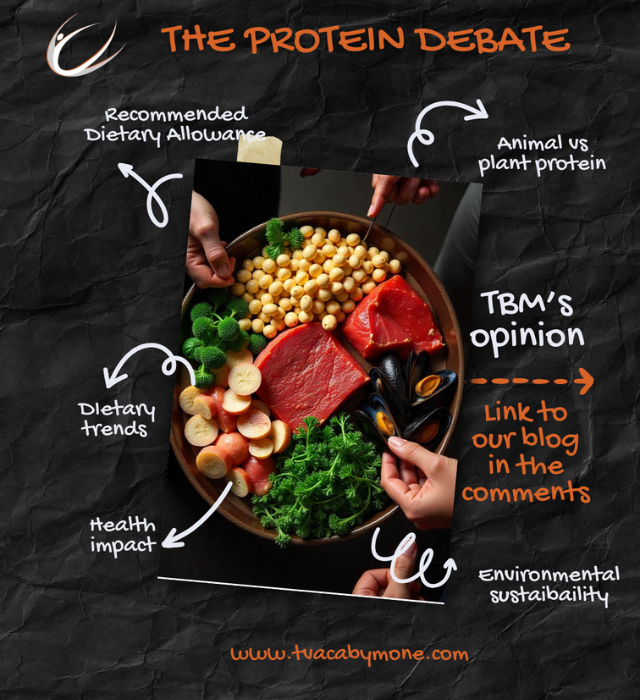The Basics of Hydration
Archana Gupta
June 12, 2024

Water in the human body
- Brain and heart – 73% water
- Lungs – 83% water
- Skin – 64% water
- Muscles and kidneys – 79%
- Bones – 31%
Human Body Water Composition of An Average Adult

Importance of water in the human body
- SInce it is an essential component of all human organs, it is a building material for cells>
- With the help of sweating and respiration, it helps to regulate the internal body temperature
- Acts as a carrier of carbohydrates and proteins in our bloodstream
- Assists in waste disposal as urine
- Essential for the formation of saliva and sweat
- Lubricates the joints and keeps them functioning optimally
- Becomes a shock absorber for the foetus during pregnancy
- Acts as a shock absorber for the brain and spinal cord
What is Hydration, Dehydration and Overhydration?
How does an individual stay hydrated?
Drink water the first thing in the morning

Drink water as per your body and activity requirement
Drink water slowly and throughout the day
Drink more water in the morning
Dieticians will always advise to reduce the water intake in the later part of the day. Try and drink the maximum amount of water before late evening. Drinking water in the latter part of the day will force a person to get up through the night, affecting sleep, which can have a negative impact on health. Try and drink more water in the morning, but for people exercising in the evening, or going for night shifts, this rule is not applicable.
Water is a necessity and it should be drunk adequately. Whenever you are reaching out for an aerated drink or a sugary option, try having a half-a-glass of water. You will thank us; and your dietician, your body and your mind will thank you!
OUR CATEGORY
RECENT POST
The Protein Debate: All You Need to Know
The Protein Debate: All You Need to Know Monica Goyal...
The Traditional Indian Drinks for Summers
The Traditional Indian Drinks for Summers Monica Goyal June 19,...
The Basics of Hydration
Many people today may think they cannot survive without their...


